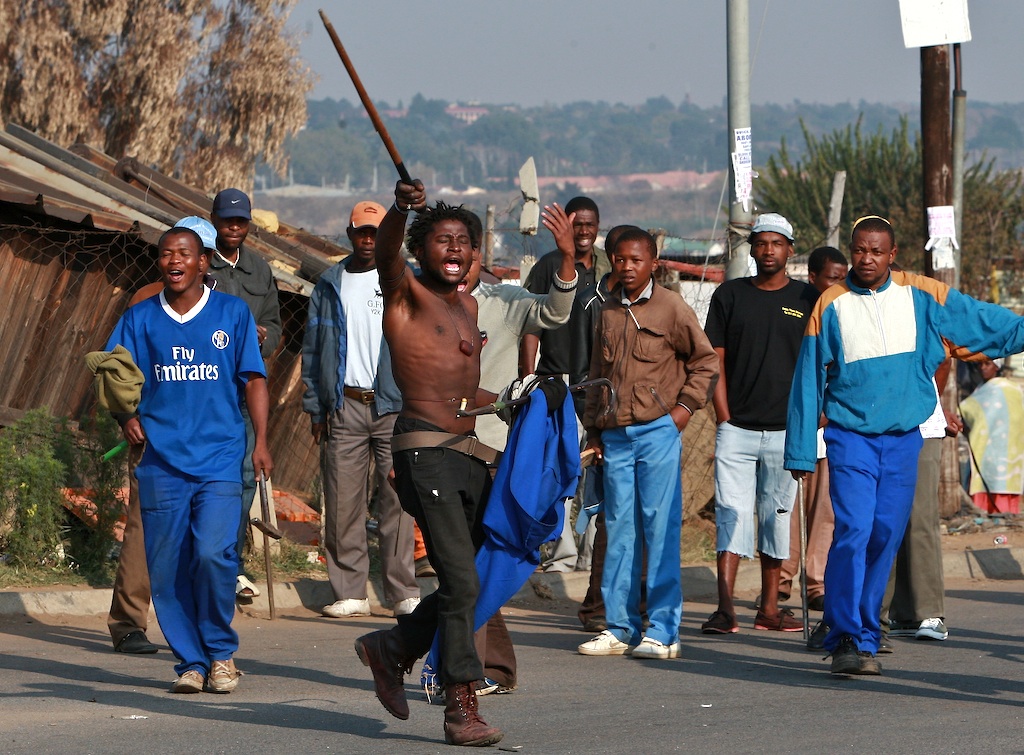The survey, by independent research project Afrobarometer and the Institute for Democracy in South Africa, found that nearly a third of the 2,400 respondents would take action to prevent migrants from moving into their neighbourhood and 36 percent would try to stop them from operating businesses. Forty-four percent were opposed to their country providing protection to asylum seekers.
Afrobarometer regularly gauges public perceptions on democracy, governance, the economy and other issues in 35 African countries. Findings relating to South Africans’ views on migration were drawn from its Round 5 survey, conducted between October and November 2011.
Loren Landau, director of the African Centre for Migration and Society at the University of Witwatersrand in Johannesburg, said the findings of the survey “demonstrate widespread anti-immigration sentiment across South African society, but tell us little about the origins of that sentiment”.
The outcomes of those sentiments have been documented by a partnership between the UN’s Refugee Agency (UNHCR) and the South African Police Service, which recorded three serious incidents per week and a total of 99 deaths resulting from xenophobia in 2011. A hotline to monitor and prevent potential xenophobic incidents receives an average of 2,000 calls per month.
Landau said that while popular attitudes have changed little since 2008, government attitudes have become more polarized. “The more dominant are adopting some of the language of the perpetrators of the 2008 violence and attempting to put it into policy,” he told IRIN, citing recent calls to ban foreign ownership of shops and increasingly strict control of migration into the country.
Nearly two-thirds of survey respondents nevertheless felt the government had failed to manage migration effectively, with 45 percent saying foreigners should not be allowed to live in the country because they take jobs and benefits away from South Africans. Such attitudes were stronger among black and unemployed respondents.
ks/rz
This article was produced by IRIN News while it was part of the United Nations Office for the Coordination of Humanitarian Affairs. Please send queries on copyright or liability to the UN. For more information: https://shop.un.org/rights-permissions




